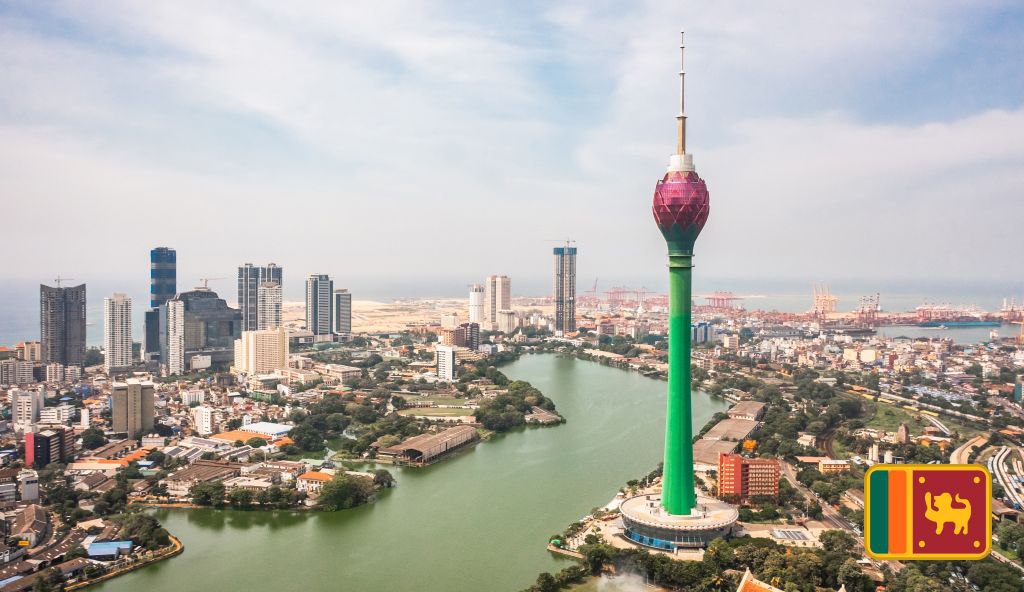- Oct 22, 2025
- 1 min read
Sri Lanka Sets June 2026 Launch Date for National Gaming Regulator
The government of Sri Lanka has announced that the new Gambling Regulatory Authority (GRA) is expected to be fully operational by June 30, 2026.

Photo credit: Aleksandr Medvedkov / Shutterstock.com
The government of Sri Lanka has announced that the new Gambling Regulatory Authority (GRA) is expected to be fully operational by June 30, 2026. According to Harsha de Silva, chair of Sri Lanka’s Committee on Public Finance, “The legislation to establish the authority is already in place. What we now need are the detailed regulations that will make it operational.”
“These regulations will specify licensing procedures, conditions of operation, penalties for violations, and actions for non-compliance,” Dr. de Silva told The Morning. “We need to safeguard the Government’s tax revenue while also protecting consumers from the risks of unregulated gambling.”
The timeline follows the Committee on Public Finance’s recommendations to the Treasury and the Inland Revenue Department for swift implementation in line with FATF standards.
The GRA will serve as a “one-stop shop” regulator for gambling activities in Sri Lanka, excluding lotteries and social gambling. The regulator will also draw on international expertise and is expected to look to Singapore’s regulatory model for guidance.
Online gambling currently sits in a regulatory vacuum in Sri Lanka, with industry estimates suggesting 60-70% of domestic bettors use unregulated online platforms. Sri Lanka’s legal framework currently only relates to land-based casinos. The creation of the GRA is designed to fill this gray area while increasing tax revenue and strengthening consumer safeguards and anti-money-laundering controls.
Meanwhile, the local gaming industry already has seven licensed land-based casinos — including the integrated resort City of Dreams Sri Lanka. The introduction of the GRA comes at a time when the government has recently increased the gaming tax from 15% to 18% and doubled the local entry fee to $100 to help bolster public finances following the country’s 2022 economic crisis.
Relevant articles
What is Sumsub anyway?
Not everyone loves compliance—but we do. Sumsub helps businesses verify users, prevent fraud, and meet regulatory requirements anywhere in the world, without compromises. From neobanks to mobility apps, we make sure honest users get in, and bad actors stay out.




